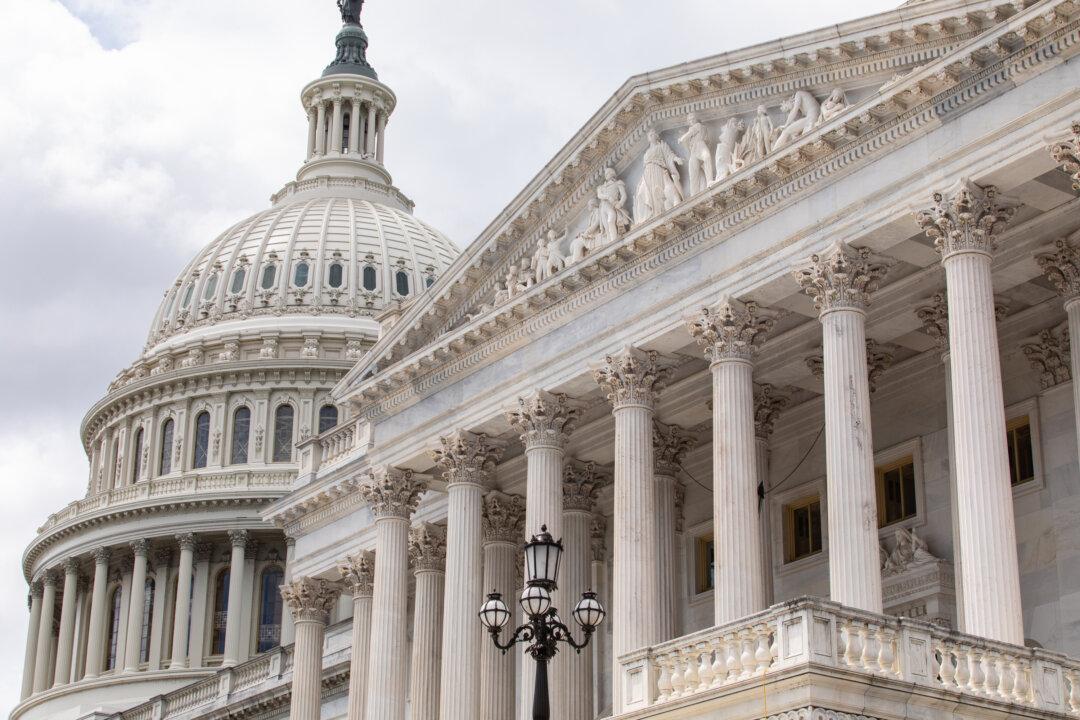The Senate approved the Democrats’ sweeping health care and climate bill on Aug. 7 in a 51–50 vote, with Vice President Kamala Harris casting the tiebreaking vote.
The estimated $740 billion package next goes to the House for consideration.

The Senate approved the Democrats’ sweeping health care and climate bill on Aug. 7 in a 51–50 vote, with Vice President Kamala Harris casting the tiebreaking vote.
The estimated $740 billion package next goes to the House for consideration.